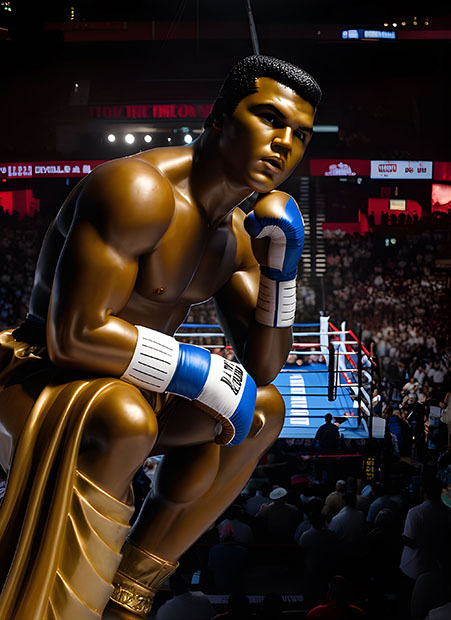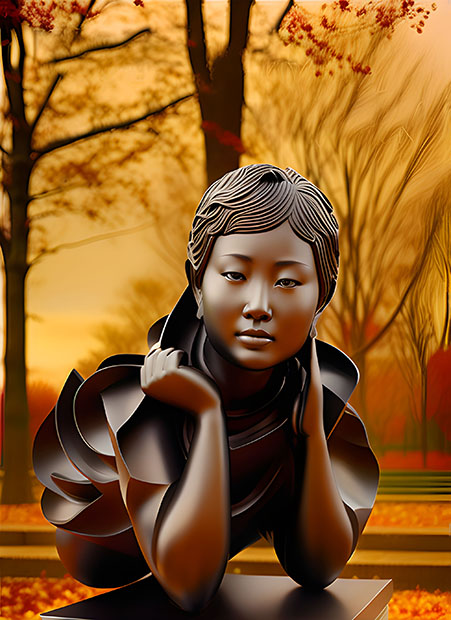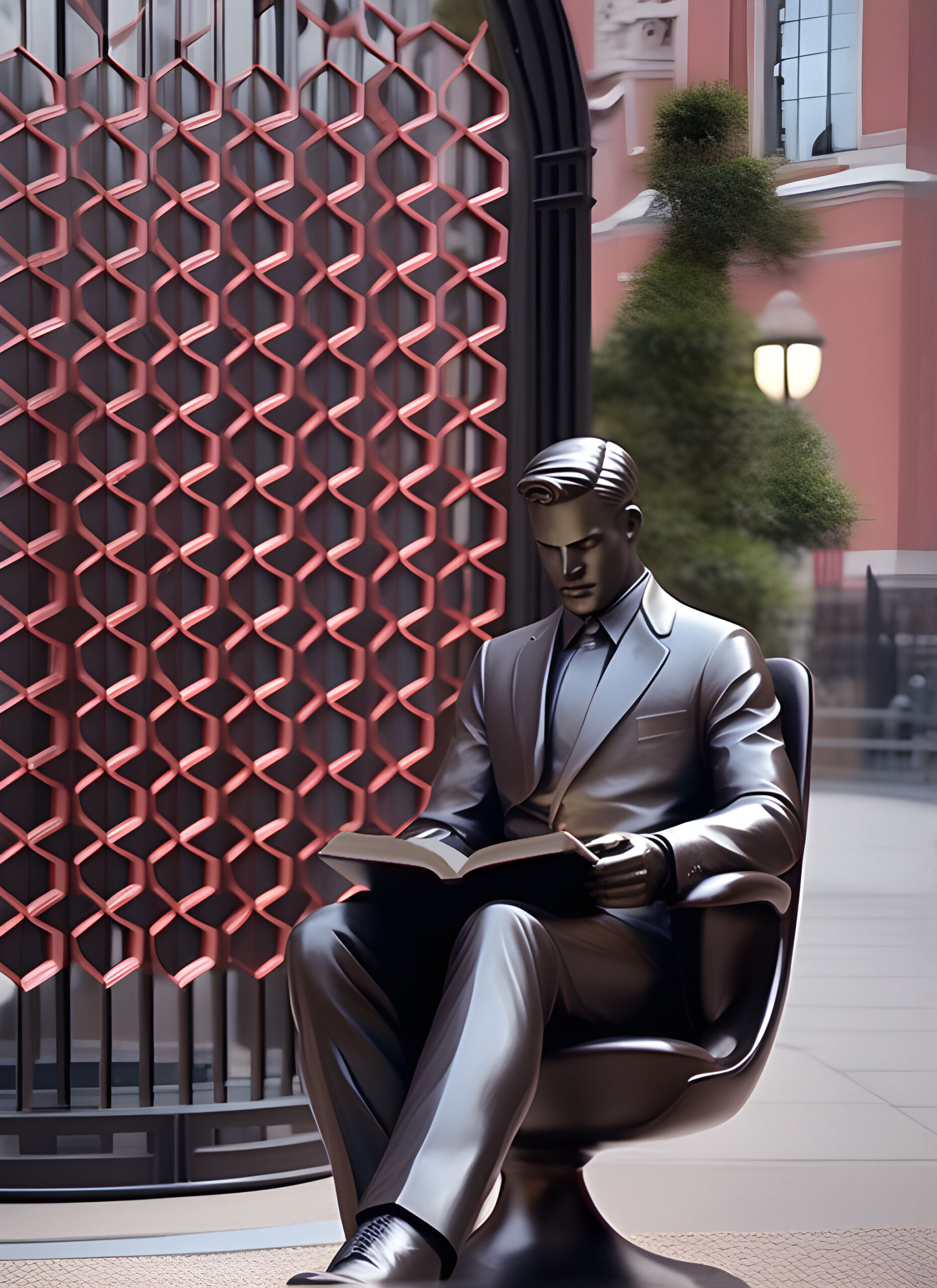Alan Turing was an extraordinary mathematician, logician, and computer scientist who laid the foundation for modern computing and artificial intelligence. Born on June 23, 1912, in Maida Vale, London, Turing attended King’s College, Cambridge, where his groundbreaking work in mathematics earned him a fellowship. His 1936 paper, On Computable Numbers, introduced the concept of the universal Turing machine, a theoretical device that underpins the principles of modern computers.
During World War II, Turing played a crucial role at Bletchley Park, the British code-breaking center. His development of the Bombe machine was instrumental in deciphering the German Enigma code, significantly contributing to the Allied victory and saving millions of lives. After the war, Turing turned his focus to artificial intelligence and biological mathematics, making significant contributions to the study of morphogenesis, the process that determines the patterns of growth in biological systems.
Turing’s achievements were overshadowed by personal tragedy. In 1952, he was prosecuted for homosexuality, then a criminal offense in the UK. Sentenced to chemical castration as part of his punishment, Turing later died from cyanide poisoning, widely believed to be suicide. His death marked a tragic end to the life of a brilliant mind whose work continues to influence technology and science.
Alan Turing’s Statue
This statue of Alan Turing captures his brilliance and focus, depicting him seated in a modernist chair with a book in hand, symbolizing his relentless pursuit of knowledge and innovation. The structure in the background represents the Bombe machine he helped design to break the Nazi Enigma code, a pivotal achievement that changed the course of World War II. Cast in polished bronze, the piece invites viewers to reflect on his monumental impact while the lack of eye contact suggests a lonely existence.
More Thinkers to Explore

Muhammad Ali

Maya Lin

John Lennon

